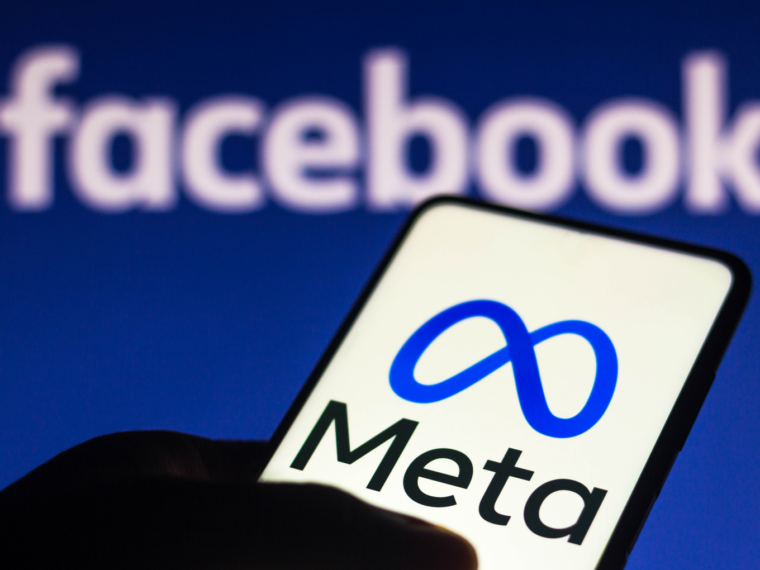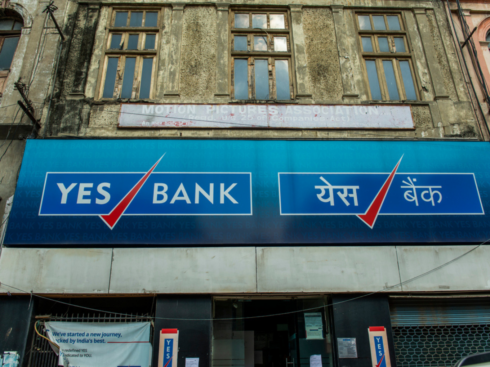
SUMMARY
Meta’s quotes came as part of the response to a set of questions that a parliamentary panel asked regarding its alleged anti-competition practices
The norms could also stifle innovation and hurt the ability of Indian startups to scale and damage their acquisition prospects, it added
Meta argued that large players can help bridge the digital divide by providing last-mile connectivity driving digital adoption
At a parliamentary panel hearing, tech major Meta stated that implementing ‘gatekeeper’ norms could have a chilling effect on Indian startups. The norms could also stifle innovation and hurt the ability of Indian startups to scale and damage their acquisition prospects.
Per a Moneycontrol report, Meta’s quotes came as part of the response to a set of questions that the Parliamentary Committee on Finance asked regarding its alleged anti-competition practices. Tech majors including Google, Microsoft and Amazon also received a similar set of questions from the parliamentary panel.
The report quoted a source as saying that Meta argued that large players can help bridge the digital divide by providing last-mile connectivity driving digital adoption.
For the uninitiated, ‘gatekeeping’ norms are anti-competitive norms, applied to digital platforms with significant market size and user base. Under these laws, ‘gatekeepers’ are the big companies and they are required to interoperate with smaller companies if the smaller companies desire.
The European Union’s Digital Markets Act (DMA) defines a ‘gatekeeper’ as a company with a market cap of at least $75 Bn or an annual turnover of $7.5 Bn. Therefore, only a select few companies, such as Google, Meta and Amazon, can be considered ‘gatekeepers’ for their respective segments.
However, the differences between the Indian digital market and the European digital market are stark and therefore, having similar legislation in India could cause problems in the long run.
The development also comes two weeks after top executives of all major big tech companies appeared before the parliamentary panel regarding their alleged anti-competitive practices. That particular hearing was attended by executives from Amazon, Google, Apple, Facebook, Netflix, Twitter and Uber.
A month before this, the parliamentary panel had summoned top executives from major Indian tech startups such as Flipkart, MakeMyTrip, Ola, OYO, Paytm, Swiggy and Zomato – all competing with their international counterparts in India – to ask about the anti-competitive practices of big tech companies.
The parliamentary standing committee on commerce is also pushing the government to identify ‘gatekeepers’ that need more regulation. The standing committee recommended amending the Competition Act, 2002 to include additional criteria for identifying ‘gatekeepers’.
The Indian government is working proactively to introduce legislation to curb the anti-competitive practices of the big tech companies working in India.
A few days ago, the Competition Commission of India (CCI) summoned Google executives over the Play Store’s policy to charge a 30% commission on all transactions and block third-party billing providers on its platform. The CCI is expected to deliver the verdict on the hearing soon.
Amazon has been accused of following a predatory pricing policy, deep discounting and creating in-house brands to compete with local sellers (something that Flipkart also has been accused of doing). In April, the CCI raided the offices of some of the biggest sellers of Amazon and Flipkart in an anti-competition probe.
Subsequently, Amazon was forced to cut ties with Cloudtail, its largest seller as the draft ecommerce rules of 2021, do not allow a platform to have a connection with a seller.
Meta has also been accused of anti-competition practices, but last year’s whistleblowing revealed that its platform Facebook turned a blind eye toward hate speech, misinformation and propaganda in India, while it was also accused of having ties with the ruling party of the country.


























